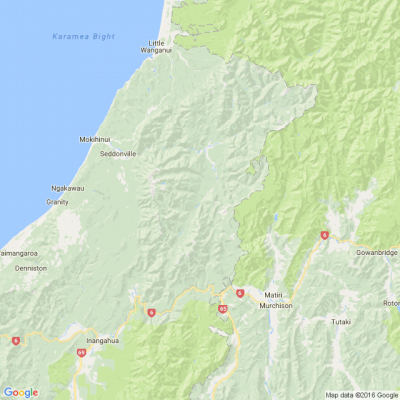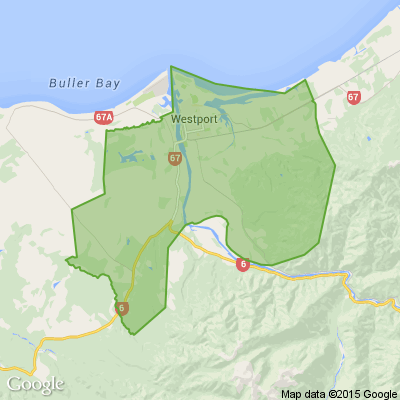West Coast councils defend use of closed-door workshops
By local democracy reporter Brendon McMahon:
A fresh call by the Ombudsman for council workshops to be open to the public by default has received a cautionary response on the West Coast.
Chief Ombudsman Peter Boshier made the demand following his investigation into the way some councils have excluded the public from meetings.
None of the West Coast's four local authorities were formally scrutinized by the review.
The investigation followed complaints about councils "undermining local democracy" by holding secret meetings.
Boshier dismissed some of the reasons councils gave for closed-door meetings -- including being able to ask "silly questions".
West Coast Regional Council risk and assurance chairperson Frank Dooley said there was "no such thing as a silly question" and it should not be "an excuse" for closing the door to public scrutiny.
Everyone had "a right to understand" council business, but workshops were useful to inform elected members for later formal decision making, he said.
"It's getting your ducks in a row," Dooley said.
However, the council had conducted seven closed door workshops on the council's next 10-year long-term plan alone this year. Some of those workshops lasted several hours.
"I don't think there is anything to be gained by having those workshops in the public forum because we've got to debate where we go [later] from a strategic point of view," Dooley said.
Although, he said there was "greater scope for communication" around the purpose of the workshops.
The Westland District Council's use of workshops has been contentious at times, since the local body elections in October 2022.
Westland mayor Helen Lash said she had been upfront about the need for them, while acknowledging council discourse should primarily be in public.
A closed meeting invariably fuelled poor perception, but it was not necessarily a case of "hiding anything," Lash said.
"I have not doubt there have been workshops around the country held to hide information. It's something I despise from my previous tenure at council."
But the new Westland council had required a high level of briefings after the local election.
Closed workshops had been mainly on the commitments made by the council's predecessor, and to guide new councillors in their governance role, she said.
"Primarily, workshops were to develop the skills of the new council."
Lash said they had been deliberately called "workshops" instead of "training days" because they provided context for future decisions on urgent issues, including a "state of play" on the district's assets.
At the same time, workshops helped avoid "quick, rash decisions" by council only based on a summary report or sketchy information provided just days before, she said.
"If you don't understand the detail behind it, to me it's irresponsible in making decisions."
Dooley said it was sometimes necessary to brief councillors informally, such as with the 2022-23 annual report.
"I think it's really important for councillors to go through the annual report and understand and ask questions on it before putting it into the public [domain].
"Some of the other workshops we've had have been really technical."
These included expert briefings on the Westport flood resilience scheme and the 10-year Waiho River Management Strategy.
The later briefing was prior to the public presentation to the Franz Josef community a fortnight ago.
This ensured "everyone understood" what was coming in order to respond to constituents, he said.
Poll: Are our Kiwi summer holidays helping us recharge, or holding the economy back? ☀️🥝
There’s growing debate about whether New Zealand’s extended Christmas break (and the slowdown that comes with it) affects productivity.
Tracy Watkins has weighed in ... now it’s your turn. What’s your take? 🤔

-
72% We work hard, we deserve a break!
-
16.3% Hmm, maybe?
-
11.7% Yes!
Some Choice News!
Many New Zealand gardens aren’t seeing as many monarch butterflies fluttering around their swan plants and flower beds these days — the hungry Asian paper wasp has been taking its toll.
Thanks to people like Alan Baldick, who’s made it his mission to protect the monarch, his neighbours still get to enjoy these beautiful butterflies in their own backyards.
Thinking about planting something to invite more butterflies, bees, and birds into your garden?
Thanks for your mahi, Alan! We hope this brings a smile!

Your Christmas shopping just got easier
Mags4gifts.co.nz is having a Christmas sale with up to 40% off best-selling magazine subscriptions, including NZ Gardener, NZ House & Garden and TV Guide. Add a free e-card at checkout and schedule it to arrive on Christmas morning for a perfectly timed surprise! Make Christmas thoughtful this year with a gift that lasts long after the holidays are over.







 Loading…
Loading…